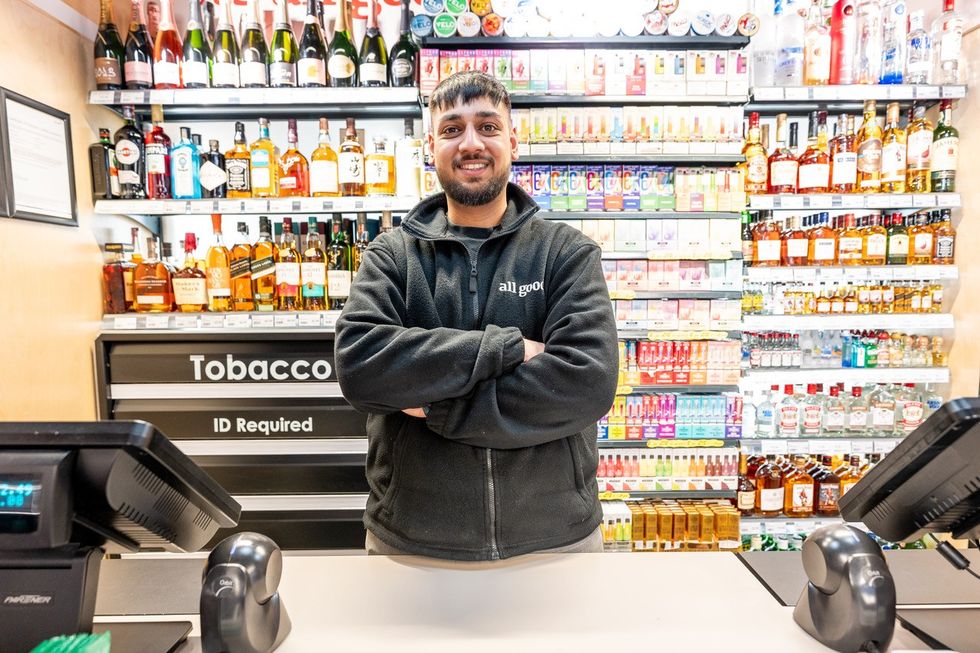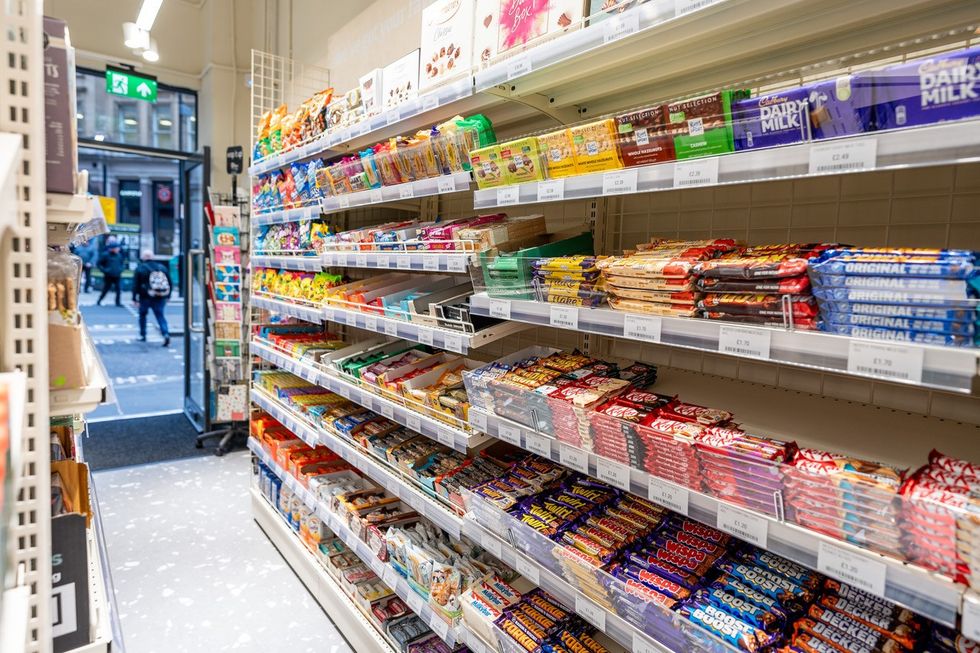London's Metropolitan Police have announced they are investigating possible fraud offences committed during the Post Office scandal, described as one of the worst miscarriages of justice in British legal history.
More than 700 people running small local post offices received criminal convictions between 1999 and 2005 after faulty accounting software made it appear that money had gone missing from their branches.
The prosecutions for theft and false accounting have received new attention following a television drama about one branch manager's fight for justice that was aired on ITV this week.
The Met said late Friday that officers are "investigating potential fraud offences arising out of these prosecutions".
The probe also includes money recovered from sub-postmasters as a result of civil actions, the force added in a statement.
The Met had already been investigating potential crimes of perjury and perverting the course of justice relating to investigations and prosecutions carried out by the Post Office.
Two people have been interviewed under caution but nobody has been arrested since the investigation opened in January 2020.
The scandal has been described at an ongoing public inquiry as "the worst miscarriage of justice in recent British legal history".
The Horizon IT system had been developed by the Japanese technology giant Fujitsu.
The Post Office began installing the software in the late '90s, but flaws in its programming showed up deficits in branch accounts.
Postal service executives, refusing to acknowledge problems with the software, forced workers to repay the shortfalls.
Some were imprisoned or left out of pocket, while others failed to find other jobs and lost their homes.
In December 2019, a High Court judge concluded that the system contained a number of "bugs, errors and defects".
The victims of the scandal have so far been paid £124.7 million in compensation as part of the Overturned Convictions and Horizon Shortfall Schemes, according to the latest compensation data for the year-end 2023.
The UK government announced in September that every postmaster convicted would receive a payout of hundreds of thousands of pounds.
The four-part television series, Mr Bates vs the Post Office, has led to 50 potential new victims contacting lawyers, according to media reports.
Meanwhile, former Post Office boss Paula Vennells said she is handing back her CBE with immediate effect after facing mounting pressure over the scandal.






















